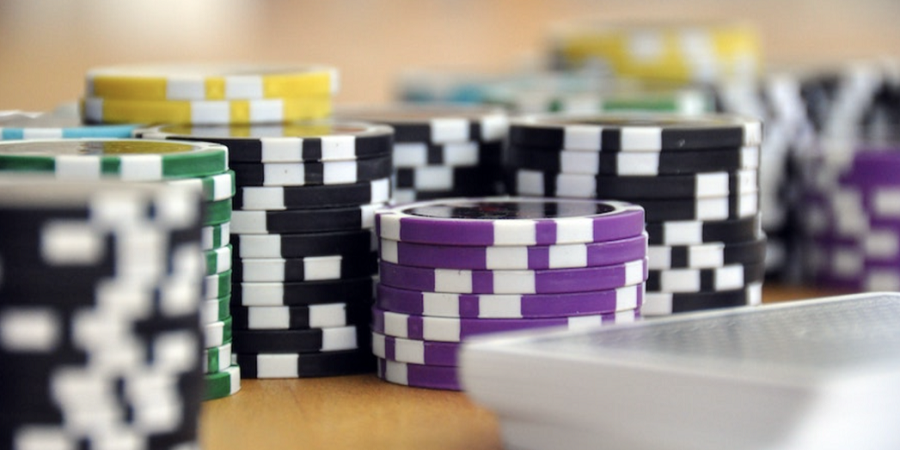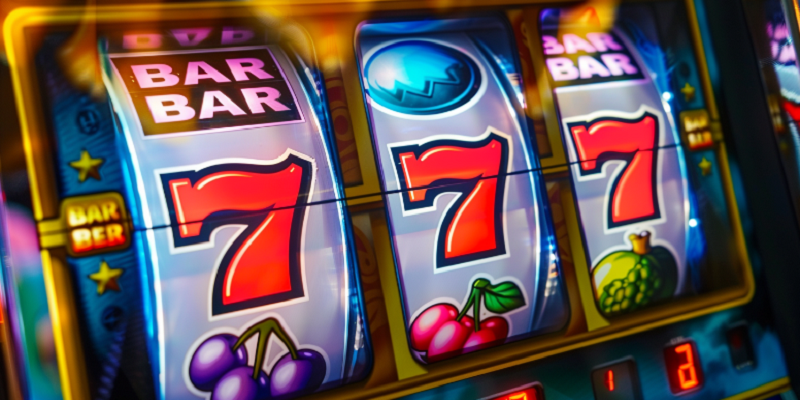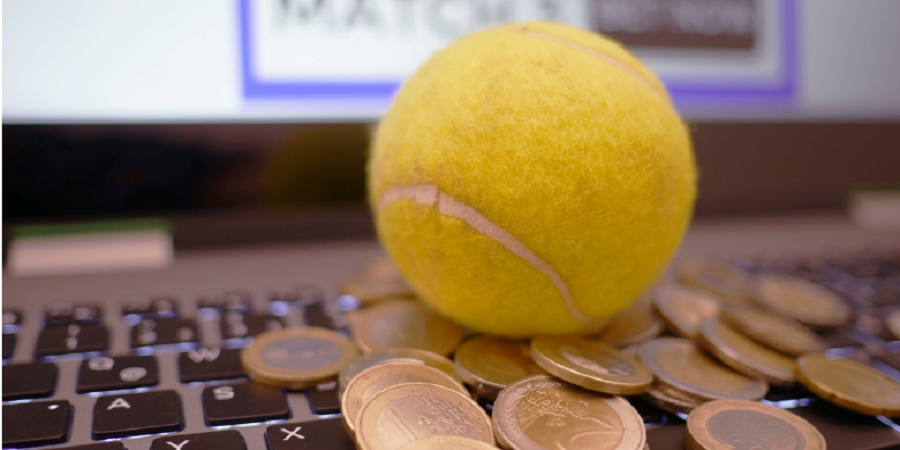Academic studies analyzing thousands of poker hands determine that skilled players control approximately 70% of long-term outcomes through strategic decisions, bankroll management and opponent analysis. The remaining 30% depends on card distribution and short-term variance that no player can influence or predict.
Blackjack Basic Strategy Reduces House Edge to 0.5%
Perfect basic strategy execution in blackjack lowers the house edge from 8% to just 0.5%, demonstrating how player skill dramatically affects game outcomes. mFortune Casino and other licensed operators offer blackjack variants where knowledgeable players can achieve near-even odds through mathematically optimal decision making.
Card counting systems like Hi-Lo can provide skilled players with 1-2% advantages over the house when executed properly in favorable conditions. This skill-based edge explains why casinos implement countermeasures like continuous shuffle machines and multi-deck shoes to combat advantage play.
Basic strategy charts show optimal decisions for all 340 possible hand combinations against dealer up cards. Players who memorize these decisions eliminate nearly all house advantage, transforming blackjack from a luck-based game into a skill-dominated contest.
Decision Complexity Increases Skill Impact
Blackjack offers multiple decision points per hand including hitting, standing, doubling down, splitting pairs and surrender options. Each decision affects the mathematical outcome, giving skilled players numerous opportunities to outperform basic players.
Advanced techniques like composition-dependent strategy and dealer tells provide additional edges for expert players. These subtle skills can reduce the house edge by another 0.1-0.2%, though they require extensive study and practice to master.
Slots Offer Zero Player Control Over Outcomes
Slot machines operate through Random Number Generator (RNG) software that determines outcomes independently of player actions, making them 100% luck-based games. Spin timing, bet sizing and game selection affect variance and session length but cannot influence individual spin results.
The following table ranks popular casino games by their skill-to-luck ratio based on mathematical analysis and professional player performance:
| Game Type | Skill Percentage | Luck Percentage | House Edge Range |
| Poker | 70% | 30% | 0% to -5% |
| Blackjack | 60% | 40% | 0.5% to 8% |
| Baccarat | 10% | 90% | 1.06% to 14.4% |
| Roulette | 5% | 95% | 2.7% to 5.26% |
| Slots | 0% | 100% | 2% to 15% |
RNG Technology Eliminates Player Influence
Modern slot RNG systems generate random numbers every millisecond, with outcomes determined by the exact moment players press the spin button. This timing precision makes it impossible for players to influence results through skill or strategy.
Progressive jackpot slots maintain identical odds regardless of jackpot size or time since last payout. The randomness ensures that no amount of skill or pattern recognition can improve winning chances beyond mathematical probability.
Baccarat Betting Systems Fail Mathematically
Baccarat offers three main betting options with fixed house edges that no strategy can overcome. Player bets carry 1.24% house edge, banker bets have 1.06% edge and tie bets reach 14.4% disadvantage regardless of betting patterns or timing.
Popular baccarat systems like Martingale and Fibonacci progression fail due to table limits and the mathematical certainty of eventual losses. These systems create illusions of control while the underlying game remains purely chance-based.
Pattern Recognition Provides False Hope
Baccarat scorecards tracking previous results encourage pattern-seeking behavior despite each hand being mathematically independent. The “Big Road” and “Bead Plate” displays create superstitious betting strategies that have no mathematical foundation.
Professional baccarat players focus on finding games with favorable commission rates rather than predicting outcomes. The only skill element involves game selection and bankroll management, not hand-by-hand decision making.
Video Poker Combines Elements of Both
Video poker games like Jacks or Better offer skill-based decision making within luck-based card distributions. Optimal strategy can achieve RTPs above 99%, making video poker one of the most skill-influenced casino games available.
Perfect play in 9/6 Jacks or Better yields 99.54% RTP, while poor strategy can reduce returns to 95% or lower. The 4.5% performance gap demonstrates how dramatically skill affects video poker outcomes.
Draw Strategy Affects Return Percentages
Five-card draw decisions in video poker require complex probability calculations to determine optimal hold/discard strategies. Professional players memorize strategy charts covering hundreds of possible starting hands to maximize their return percentages.
Deuces Wild video poker increases skill requirements due to wild card interactions that create more complex decision trees. Expert players can achieve over 100% RTP in some Deuces Wild variants through perfect strategy execution.
Craps Offers Limited Skill Applications
Craps betting strategies focus on selecting wagers with lowest house edges rather than influencing dice outcomes. Pass/Don’t Pass bets carry 1.36-1.4% house edges, while proposition bets can exceed 16% disadvantage.
Dice control techniques claim to influence outcomes through controlled throwing, but scientific analysis shows no statistically significant advantage. Casino countermeasures including surface requirements and throwing restrictions further limit any potential skill advantages.
Betting Selection Represents Primary Skill
Knowledgeable craps players avoid high house edge bets like hardways, yo-eleven and any craps that carry double-digit disadvantages. This bet selection skill can dramatically improve overall session results compared to uninformed betting patterns.
Odds bets behind pass/don’t pass wagers carry zero house edge, making them the only break-even propositions in craps. Skilled players maximize odds bets while minimizing exposure to other table options.
Pai Gow Poker Balances Skill and Luck
Pai Gow Poker requires players to set seven-card hands into optimal five-card and two-card combinations. Proper hand setting can achieve house edges around 2.5%, while poor strategy increases disadvantages to 4% or higher.
The dealer advantage in Pai Gow Poker comes primarily from acting as banker and collecting commission on winning hands. Player skill affects individual hand outcomes but cannot overcome the structural house advantages.
Hand Setting Strategy Complexity
Optimal Pai Gow Poker strategy involves hundreds of possible hand combinations with specific setting rules for each scenario. Players must quickly evaluate hands and set them according to mathematically proven strategies to minimize house edge.
Banking opportunities in Pai Gow Poker allow skilled players to act as the house, collecting wins from other players while paying losses. This role reversal provides the only way for players to achieve positive expected value in the game.






